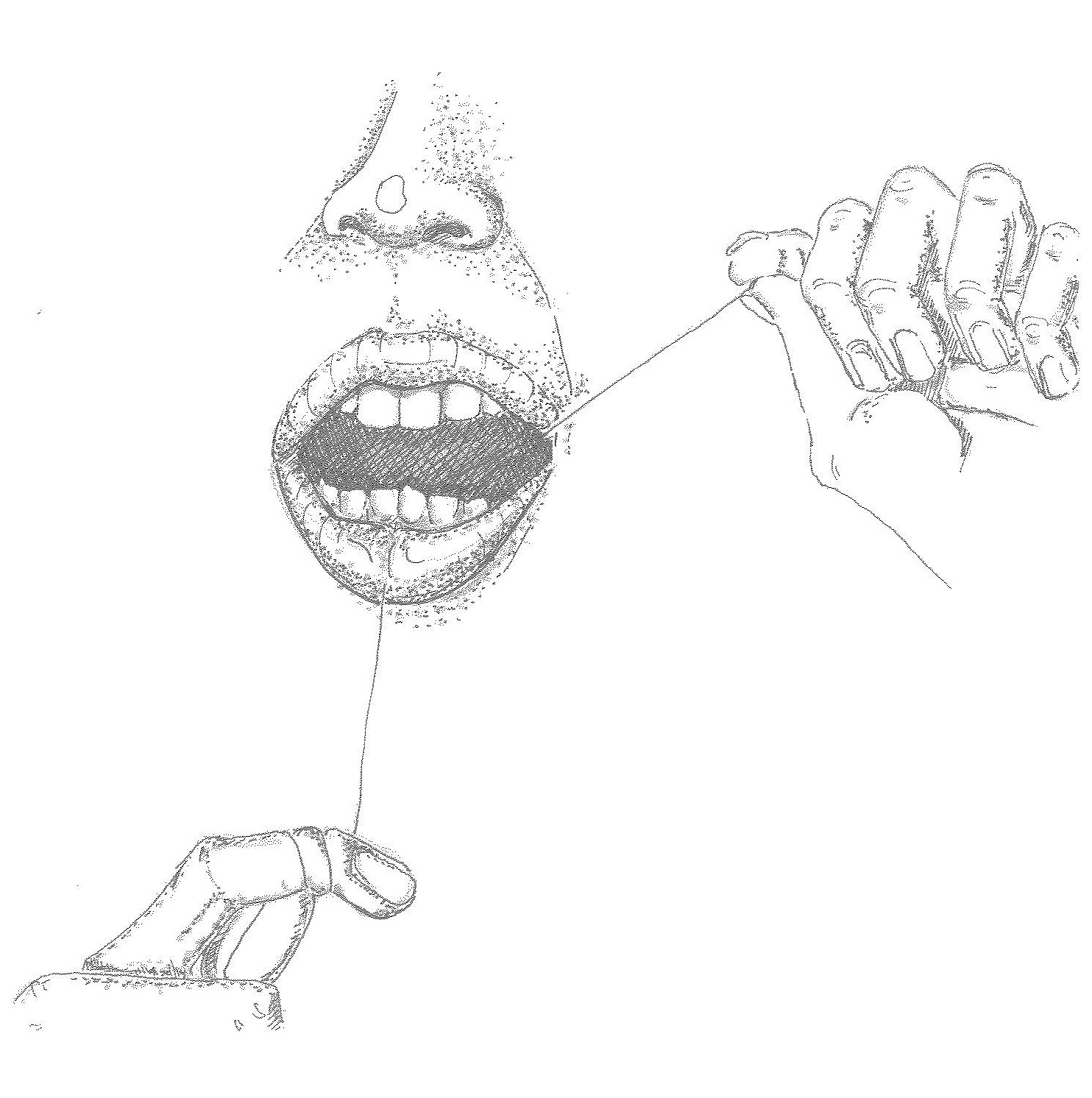Over the summer, the Associated Press (AP) sunk their teeth into a widely-held public health claim: Daily flossing is good for dental hygiene. Their investigative report revealed that there is very little evidence to back up the advice one often hears at the dentist’s office.
Growing up in Europe, not a single dentist—whether trained on the Continent or in the United Kingdom—ever suggested that I integrate flossing into my oral care routine. Regular and thorough brushing was encouraged, but never flossing.
In fact, the scientific adviser to the British Dental Association (BDA) David Walmsley has said, “[flossing] is not part of the basics” of oral care and hygiene.
The British view contrasts directly with the North American opinion: The Canadian Dental Association (CDA) warns that not flossing daily means “missing more than one-third of your tooth surface.” The American Dental Association (ADA) has also stated that “flossing is an essential part of taking care of your teeth and gums.”
The Association Dentaire Française (ADF) represents three quarters of French dentists, and states on its website that brushing can be complemented by the use of dental floss, mirroring the opinions of the BDA and other European dental associations that flossing is nonessential.
“There is much we do in medicine and dentistry that is not evidence-based, but that doesn’t mean it does not work,” said Dr. Øyvind Asmyhr, head of the Norwegian Dental Association, in a statement.
It seems increasingly likely that news stories which have pit dental associations against one another have simply exploited a minute difference in wording and twisted the ADA’s advice. Moreover, the BDA, the ADF, and most other dental associations recommend that their patients remove plaque with the aid of a physical support–floss—but therein lies the contrast.
Rather than recommending floss explicitly, the ADA guidelines state, “interdental cleaners such as floss are an essential part of taking care of your teeth and gums.”
“[I’m] not sure if it was an intentional play on words or an honest misunderstanding by the AP journalist when the article on flossing was written during the summer which [led] to the domino effect of re-publications in almost all famous papers and journals,” McGill Dentistry Professor Omid Kiarash said. “[As so often is the case], tabloid journalism seems to get more publicity than scientific factually correct news.”
Despite the reports, Kiarash still recommends flossing to his patients. The objections regarding the quality of the studies highlighted in the original AP investigation are, in his opinion, irrelevant.
“The notion that no flossing is somehow better than flossing simply because the strength of the studies are not high quality is ridiculous,” said Kiarash. “Just like we don’t have high quality evidence that jumping out of an airplane without a parachute is highly likely to be fatal.”








